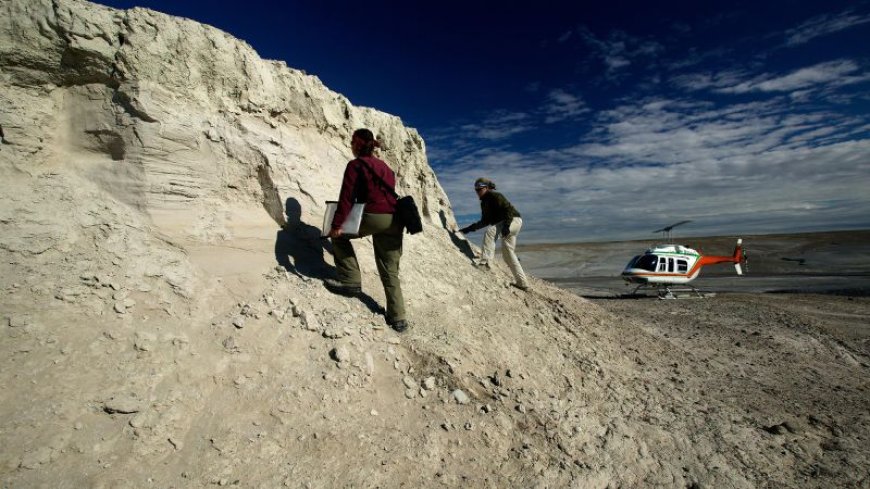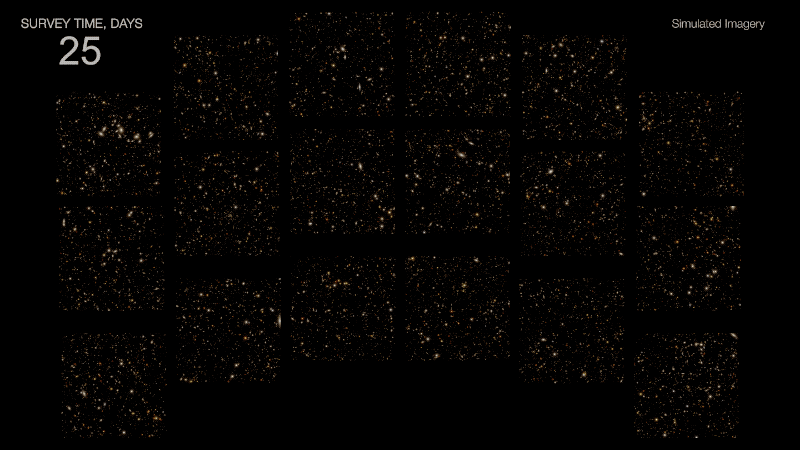Scientists extract ancient proteins from 24 million-year-old rhino fossil
Scientists have successfully recovered ancient proteins from a fossilized rhinoceros tooth that is 24 million years old. This breakthrough opens up new possibilities for studying ancient life on Earth, with potential implications for examining even older fossils, including dinosaurs.

Scientists have recovered ancient proteins from a fossilized rhinoceros tooth, breaking new ground in the study of ancient life on Earth.
The 24 million-year-old tooth, unearthed in the Canadian Arctic, contains proteins 10 times older than the most ancient known DNA. This discovery has allowed scientists to analyze the oldest detailed protein sequence on record.
Ryan Sinclair Paterson, a postdoctoral researcher at the Globe Institute at the University of Copenhagen, led the Canadian research. He explained that enamel, being hard, protects these proteins over deep time, acting like a vault that was unlocked for this specific fossil.
Ancient proteins, more robust than DNA, promise a revolution in studying fossils millions of years old. The study, published in Nature, highlights the potential of paleoproteomics, revealing insights into evolutionary history, diet, and even the sex of ancient specimens.
Another study published in Nature sampled fossils from Kenya's Turkana Basin, showing that biomolecules can survive for millions of years even in tropical environments. This research opens up possibilities for discovering proteins in much older fossils.
Research on the Canadian fossil was considered sound and interesting, while methodology on the Kenyan fossils was seen as complex and less tested. The findings in both studies require further validation and interpretation.
While the potential of retrieving proteins from dinosaur fossils is exciting, challenges remain due to their age, burial depth, and enamel thickness. Scientists believe it might be possible to extract useful protein information from dinosaur fossils in the future.
According to the source: CNN.
What's Your Reaction?
 Like
0
Like
0
 Dislike
0
Dislike
0
 Love
0
Love
0
 Funny
0
Funny
0
 Angry
0
Angry
0
 Sad
0
Sad
0
 Wow
0
Wow
0

















































































































































































